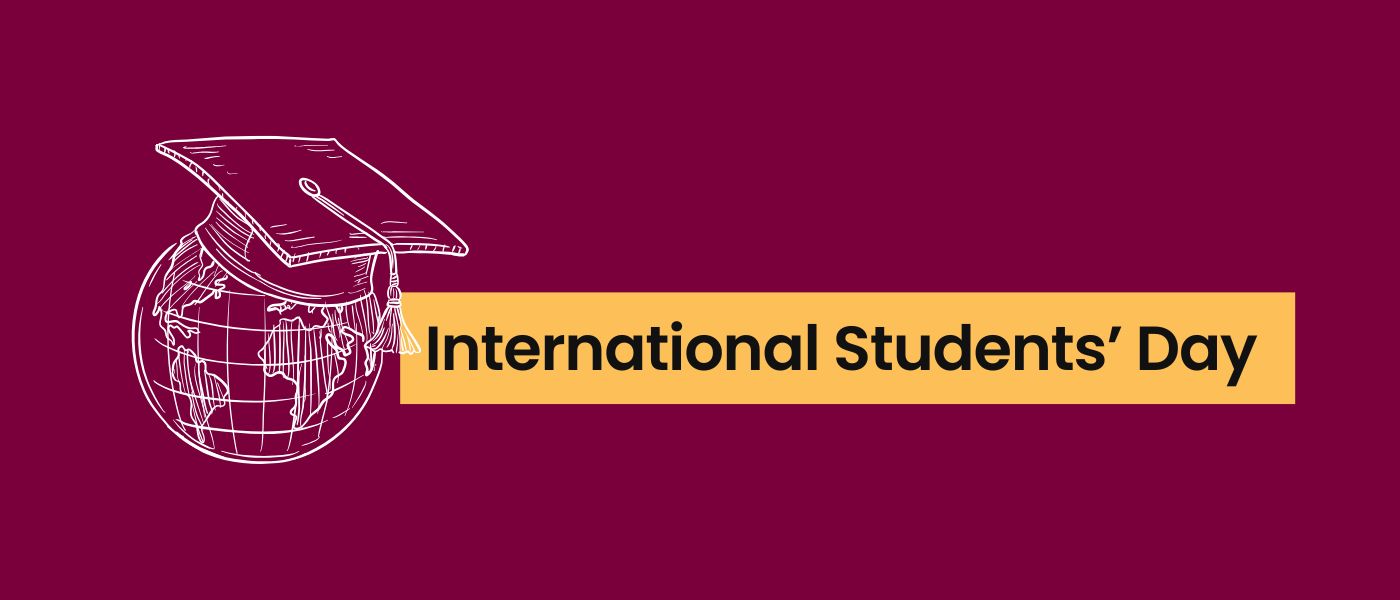Thinking Critically in 2024

The information age we live in delivers a steady supply of information and misinformation to decipher and interpret daily. As a result, there has arguably never been an era in which critical thinking skills have been more crucial. Analyzing information objectively without bias or prejudice is vital, especially as generative AI becomes more prominent. With increasingly new ways to generate information, it becomes more important for us to have the tools to assess all information with a critical lens.
Critical Thinking and Problem Solving
We make thousands of decisions every day, and critical thinking becomes an imperative part of informed decision-making. We are regularly confronted with blogs, advertising, social media posts, and podcasts, amongst other media, and there are no readymade fact checkers to discern truth or challenge assumptions in the assertions of others. That task is left to us. Understanding critical thinking gives us the skills to evaluate information and sift through bias, recognize subjectivity/objectivity and credible, reliable sources, and make informed, bias-free, rational decisions. Critical thinking is also linked to problem-solving. For example, consider the process of choosing a candidate in an election and the heightened debates and emotions that often arise, generating a range of responses from confusion to consternation. Individuals possessing critical thinking skills can better discern information without resorting to strawman arguments or hasty generalizations, and they can select a candidate representing their best interests and make informed decisions. Critical thinking allows people to evaluate information and to consider multiple perspectives and positions, valuing facts and evidence over opinions and conjecture.
Critical Thinking in the Workforce
In the workforce, critical thinking is a highly valued skill. Employers seek colleagues who can objectively analyze complex problems, consider various solutions, and challenge assumptions and past decisions to make informed recommendations. Employers also recognize that critical thinkers can analyze data and trends to make decisions based on evidence and procedural thinking. By developing sound critical thinking skills, professionals can provide meaningful contributions to any workforce.
Challenging ‘Fake News’ and Promoting Understanding
Although social media can be an influential news outlet for some, many sites have also become regular sources of false information and vehicles for spreading negativity and, at times, hate. Critical thinking serves as a defence mechanism against misinformation. The skills related to critical thinking empower people to question the validity of the information they confront, to ask clarifying questions, and to evaluate ‘facts’ before accepting them as truth. Without these skills, a lack of understanding or continued acceptance of false information can have significant implications, impacting how people vote, how they spend money and which directives or ideas they support in society. Critical thinking also promotes understanding by encouraging individuals to consider different viewpoints, examine their reasoning, and converse with people with opposing views. These conversations with those possessing critical thinking skills promote collaboration and potentially reduce conflict. By honing critical thinking skills like active listening, fact analysis and source-checking, people can become open to new perspectives, potentially leading to greater empathy and collaboration, fostering open dialogue and working toward inclusivity. “Critical thinking requires us to use our imagination, seeing things from perspectives other than our own and envisioning the likely consequences of our position” (Hooks, 2009).
Critical Thinking and Design Thinking
A great complement to critical thinking that can work to improve problem-solving is design thinking. Design thinking is a process that focuses on user needs and experiences, examining several different possible outcomes and regularly testing new ideas. Design thinking also fosters creativity and innovation by encouraging the exploration of multiple concepts and solutions, providing a framework for working on complex problems. Since it focuses on user experiences, design thinking also works to bring a more significant number of voices to the table in decision-making, increasing both collaboration and innovation. Both Netflix and Airbnb, for example, credit their success to a design thinking model that regularly focused on user response for the development of new ideas.
Think Critically, not Cynically
Critical thinking is often confused with cynicism, but the two concepts are not similar. Critical thinking examines and dissects information to achieve understanding, truth and objectivity. Cynicism does not work to promote knowledge or experience but instead dismisses information and ideas without thorough evaluation/investigation while often adamantly maintaining a viewpoint lacking accurate information. Critical thinking encourages us to ask questions, seek clarification and make better-informed decisions; it does not discount information but welcomes any evidence to seek greater comprehension. The skepticism associated with cynicism limits growth and knowledge, whereas critical thinking fosters understanding.
Critical thinking is crucial for individuals and organizations to promote informed decision-making and to protect against misinformation. Learning critical thinking is not a one-time event but a skill that needs to be regularly honed; focusing on these skills in education will inevitably promote understanding.
Hooks, Bell. Teaching Critical Thinking: Practical Wisdom. New York, Routledge, 2009.
Kelli Orr has over 20 years of experience in education at the secondary and post-secondary levels. She is an instructor with McMaster Continuing Education. She has been a Continuing Education Instructor at Queen’s University for 15 years and taught Human Rights, History and Social Justice at the secondary level for 20 years. During the past five years, Kelli completed her M.Ed with a focus on Equity and Social Justice, and taught at five colleges in varied disciplines. Kelli has had the opportunity to write courses in Anti-Discrimination, Equity and Interpersonal Communications. She taught primarily Critical Thinking and Ethics, Global Studies, Design Thinking and Human Sexuality at St. Lawrence College, Conestoga College and Loyalist College. She has also recently had the opportunity to teach other instructors/professors in the Teaching and Learning in Higher Education Program at Centennial College, Assessment and Evaluation.
Kelli holds a Bachelor of Arts Degree and Bachelor of Education from Queen’s University and completed her M.Ed at Western University.
Looking to build your creative, critical and design thinking skills? McMaster University Continuing Education’s unique Creative, Critical and Design Thinking program equips learners with the tools to succeed by enhancing your ability to solve intricate problems.
Marketing, What's NewRelated News
News Listing

Celebrating International Students Day: Discover Flexible Online Learning at McMaster Continuing Education
Career, Latest News, What's New
4 days ago

McMaster Continuing Education Launches New Data Governance Program Focused on Developing Skills for Success in a Data-Driven World
Business, Tech & Data, What's New
October 2, 2024

How to Prevent Common Chronic Diseases in Older Adults Through Nutritional Strategies
Health, Latest News, What's New
September 17, 2024
